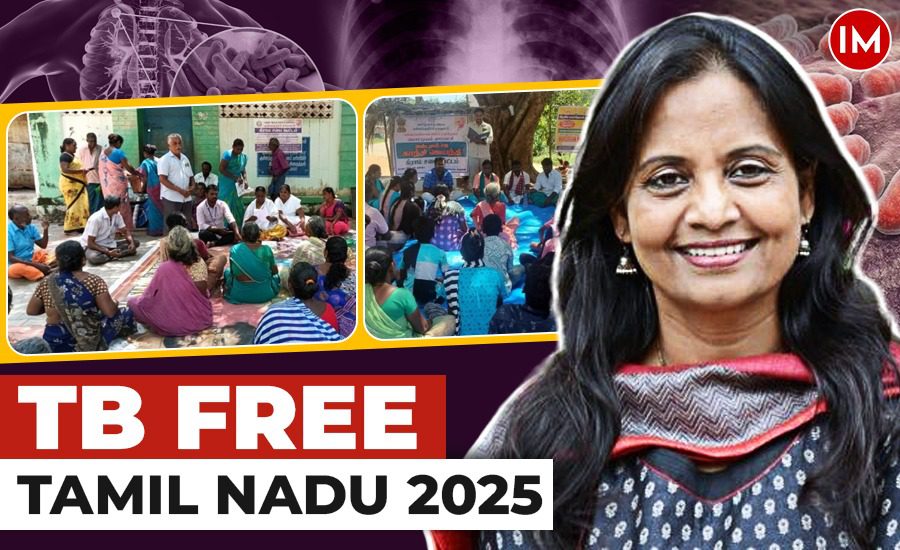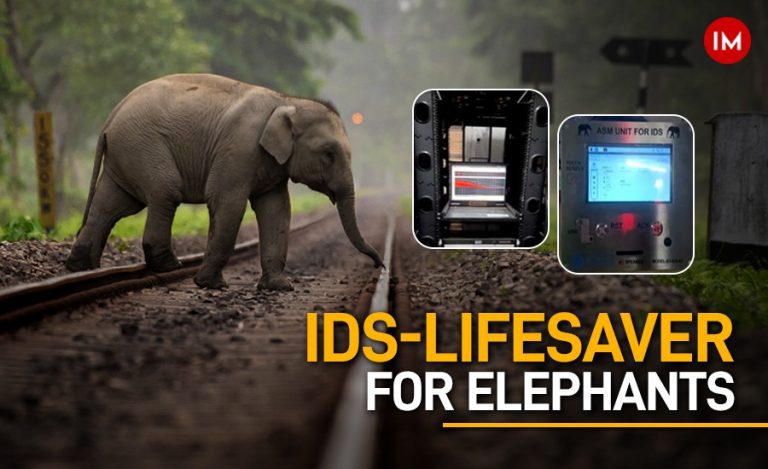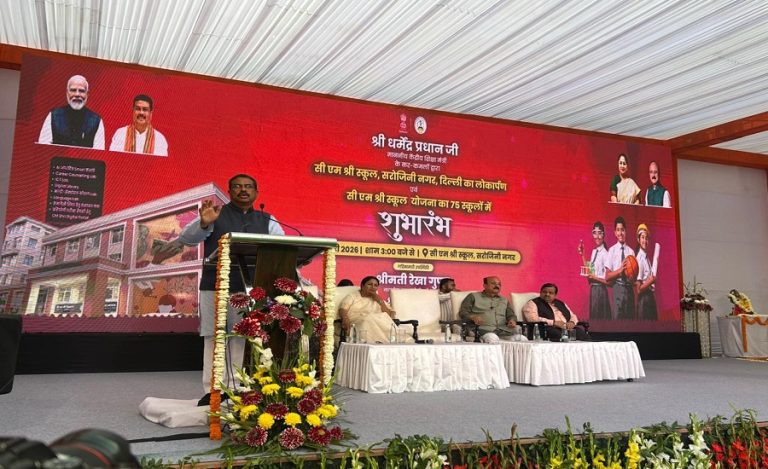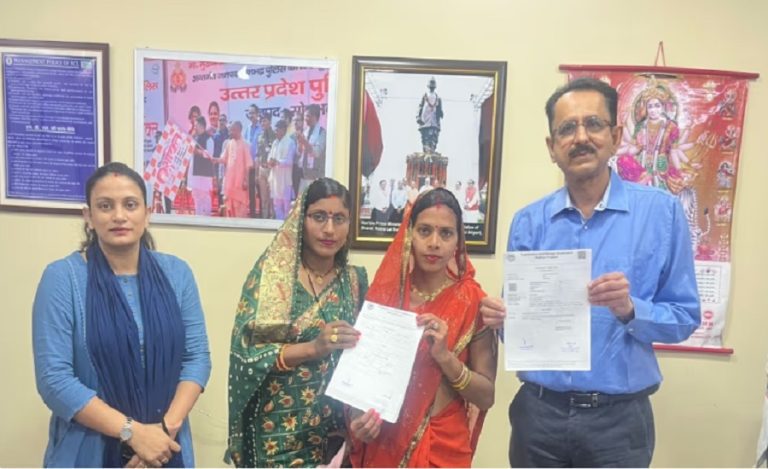In the latter half of the 20th century, tuberculosis (TB) became a major public health crisis in India, contributing significantly to poverty and mortality. By 1990, TB was responsible for approximately 500,000 deaths annually, making it a leading cause of death in the country.
By 2000, new TB cases had escalated to around 1.8 million per year, accounting for nearly 25% of the global TB burden. This relentless spread devastated families by stripping them of primary earners and deepening their financial struggles. The ICMR Bulletin (March 2002) noted that TB’s economic impact extended beyond healthcare costs to include lost productivity and increased healthcare expenses, particularly in rural areas with limited access to treatment.
However, steady and concerted efforts by public health authorities over the past two decades have helped India turn the tide against this devastating disease. Tamil Nadu, in particular, has made remarkable progress, leading the fight against TB with innovative strategies, early detection efforts, and comprehensive treatment programs. Through initiatives like the “Tuberculosis-Free Tamil Nadu 2025” campaign, the state is on track to eliminate the disease, having introduced advanced diagnostic tools, preventive strategies, and robust patient-centered care.
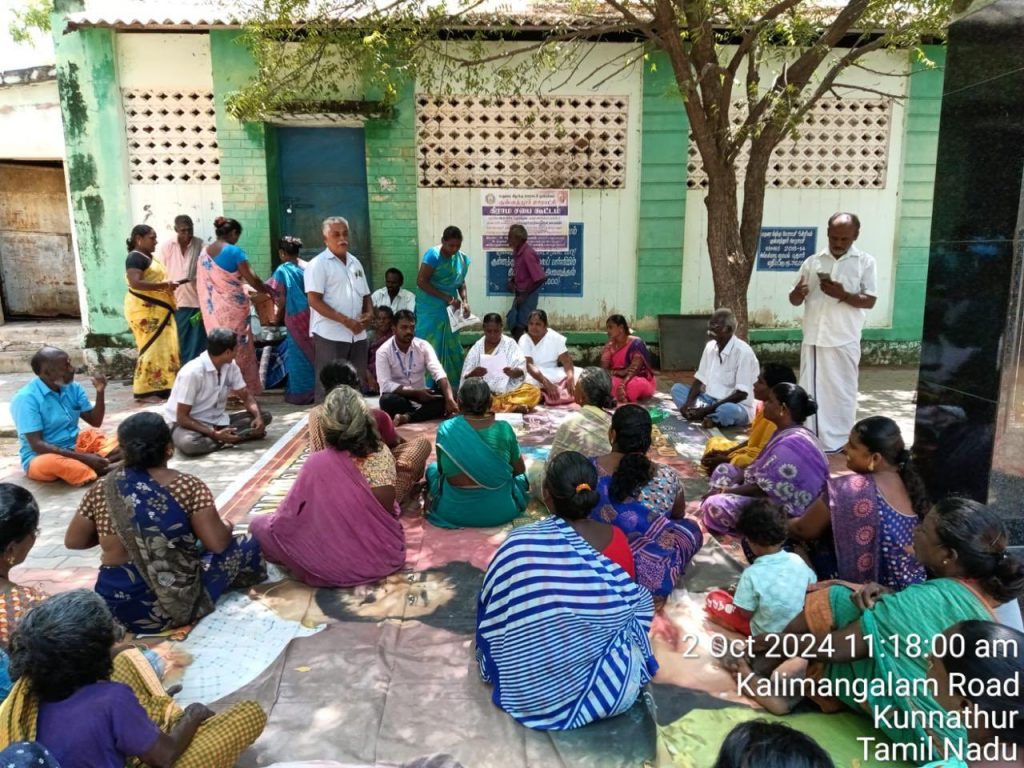
The Fight Against TB
One of the most critical components of Tamil Nadu’s success in controlling TB has been its intensified case detection efforts. Over the past few years, the state has recorded a dramatic increase in the presumptive TB examination rate, rising from 960 per 100,000 population in 2021 to an impressive 4027 per 100,000 in 2024 (as of August). This has been made possible by establishing an extensive network of designated microscopy centers (DMCs), deploying 192 Truenat machines for molecular diagnostics, and operationalizing 48 Mobile Diagnostic Units (MDUs) equipped with digital X-ray machines to serve even the most remote areas.
“Ensuring access to TB screening, particularly in rural and high-risk areas, is key to halting the spread of this disease,” said IAS Officer Supriya Sahu, who is the Additional Chief Secretary Health Department, Tamil Nadu, told Indian Masterminds.
The mobile units not only provide sputum tests but also offer X-rays, enabling early detection, even in asymptomatic cases. These mobile vans have been crucial in areas with limited infrastructure, such as brick kilns, cotton mills, and construction sites. Since the initiative’s inception in January 2024, 977 TB cases have already been identified.
Tackling TB Mortality with Innovative Programs
In addition to improving case detection, Tamil Nadu has launched initiatives to address TB mortality. One standout program is the Tamil Nadu Kasanoii Erapilla Thittam (TN-KET), which follows a severity-based triaging system. Field workers screen patients at the point of diagnosis and assess the severity of the disease using an abbreviated scoring system based on national guidelines. Patients with severe symptoms are referred for further evaluation, and those confirmed to have severe TB receive inpatient care in government hospitals with specialized TB treatment facilities.
This structured intervention has helped reduce TB-related deaths in the state, ensuring that patients with high severity TB receive the urgent care they need to survive.
Ensuring access to tuberculosis (TB) screening is crucial for halting the spread of the disease, especially in remote regions. Under the “Tuberculosis-Free Tamil Nadu 2025” initiative, 33 mobile vans equipped with digital X-ray machines have been deployed to provide free TB… pic.twitter.com/29GLpPWzYw
— Supriya Sahu IAS (@supriyasahuias) September 30, 2024
Preventing TB Through Widespread Therapy
Prevention is a cornerstone of Tamil Nadu’s TB elimination efforts. In 2024, the state became the first in India to procure 37,814 courses of 3HP (isoniazid + rifapentine) fixed-dose combination tablets, which are used for preventive TB therapy. This initiative targets household contacts above five years old and other vulnerable populations, thereby cutting off TB transmission at its source.
“Preventive therapy is crucial in protecting high-risk groups and reducing the incidence of TB within households and communities,” Supriya Sahu noted. “It helps break the chain of transmission and prevents the spread of the disease.”
Achievements in Drug-Resistant TB Control
One of the most alarming developments in the fight against TB is the rise of drug-resistant TB (DR-TB), a strain of the disease that is resistant to common anti-TB medications. Tamil Nadu has made great strides in reducing DR-TB cases through aggressive case finding and specialized treatment regimens. The state’s Culture and Drug Susceptibility Testing (C&DST) network, now comprising seven labs, has been expanded to ensure timely and accurate drug resistance testing. This has enabled health authorities to tailor treatment plans for DR-TB patients, ensuring more effective treatment outcomes.
Recognitions and Milestones Towards TB-Free Certification
Tamil Nadu is also making significant progress toward achieving sub-national certification for TB-free status. The Nilgiris district, for example, has been declared TB-Free after achieving an 80% reduction in TB incidence. Additionally, two districts have achieved gold status (60% reduction), five districts have secured silver status (40% reduction), and four districts have achieved bronze status (20% reduction). These recognitions reflect the state’s consistent efforts in the battle against TB and its steady march towards eliminating the disease by 2025.
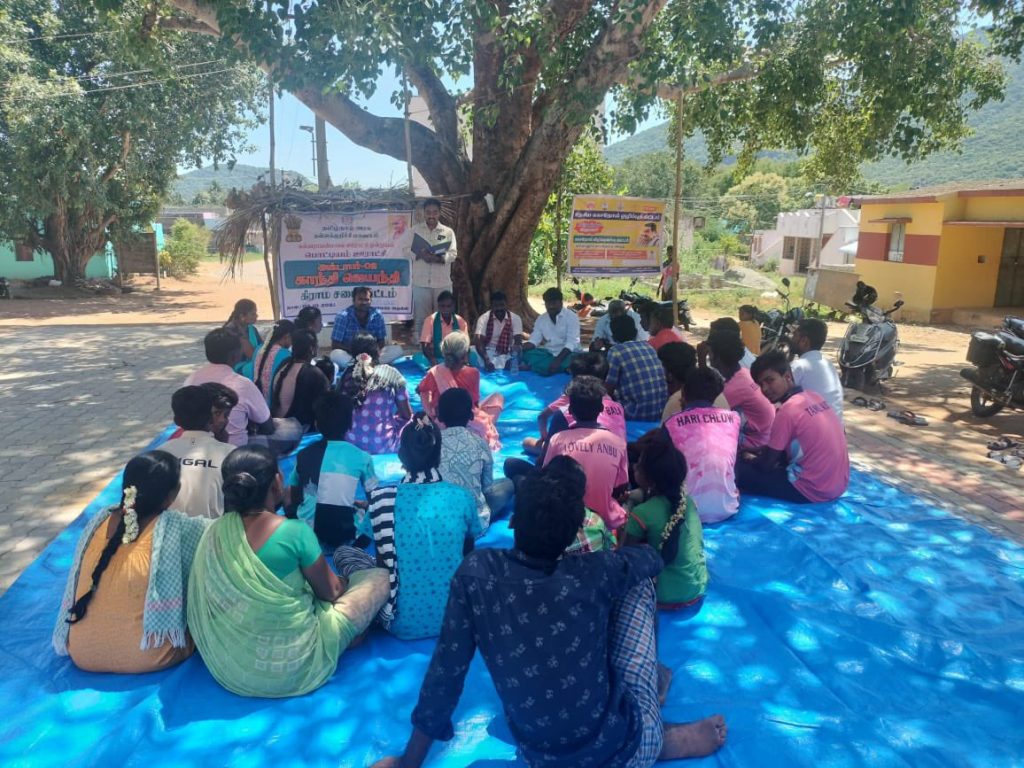
Supporting TB Patients & Diagnostic Technology
Ensuring treatment adherence and improving patient outcomes are critical for TB control. Through the Nikshay Poshan Yojana, Tamil Nadu provides financial support to TB patients to help them maintain their nutritional needs during treatment. Under this scheme, all TB patients receive a monthly incentive of Rs. 500, distributed through Direct Benefit Transfer (DBT). In 2024 alone, 41,535 TB patients received at least one installment, with a total disbursement of Rs. 12.4 crores.
Tamil Nadu has been a pioneer in integrating computer-aided detection (CAD) systems for precise interpretation of chest X-rays. This technology, combined with mobile digital X-ray units and Truenat machines, has revolutionized the state’s diagnostic capabilities, making it possible to detect TB more accurately and efficiently, even in its early stages.
The Government of Tamil Nadu, through its Department of Health and Family Welfare, is making rapid progress towards its ambitious goal of eliminating TB by 2025.
As Supriya Sahu aptly put it, “The fight against TB is not just about treating the disease; it’s about saving lives, ensuring health for all, and working toward a future where TB no longer threatens our communities.”
By maintaining this momentum, Tamil Nadu is on track to become one of India’s first TB-free states, setting an example for the rest of the country in the fight against this long-standing public health challenge.

